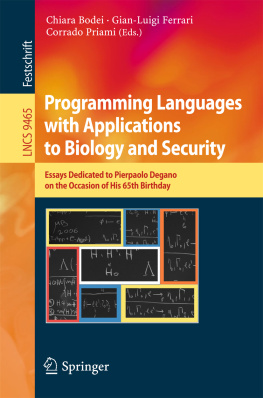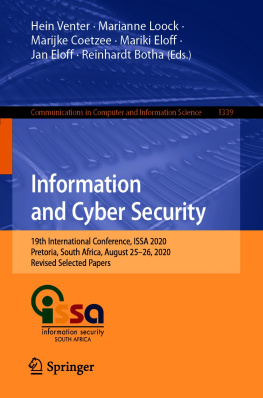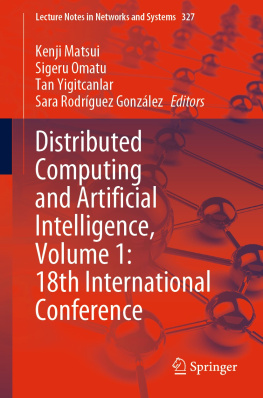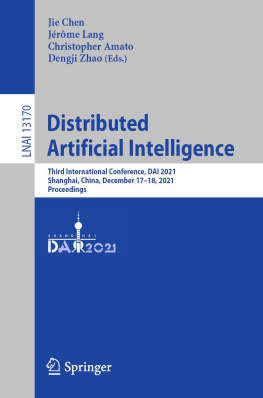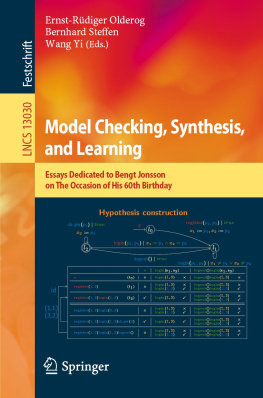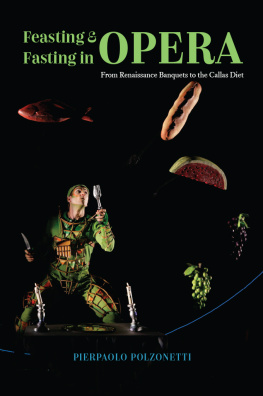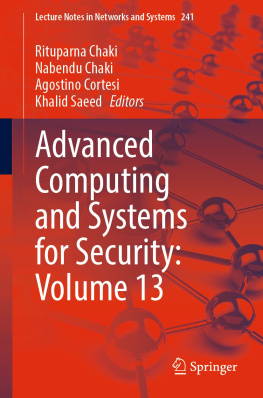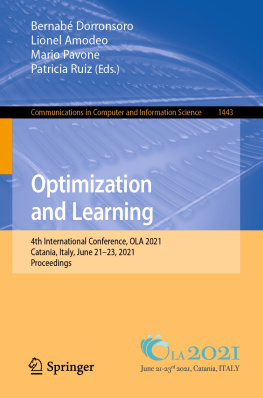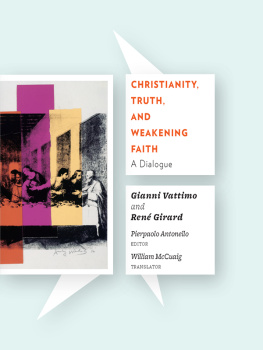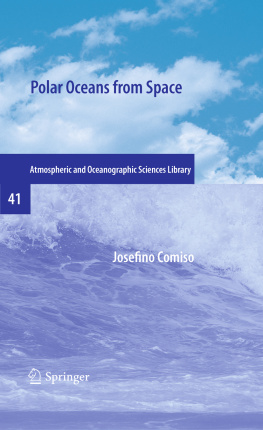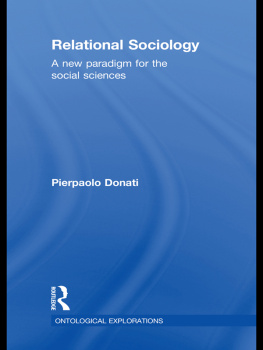The Man
Pierpaolo was born in 1950 in Udine, where he received the Hapsburg imprinting he has always originally combined with his unpredictable nature. In 1969 he came to Pisa to study Computer Science unaware that he would be soon adopted by that little town, where people are generally often suspicious of strangers but sometimes they could can surprise you and where so many students coming from any part of Italy met and interact for a handful of years before entering their adult life. The Pisan Laurea curriculum in Computer Science, founded in 1969 by the Faculty of Science, with the substantial boost of the then rector Alessandro Faedo, has been the first in Italy. Most of the people did not believe in this new curriculum, but they were very soon forced to change their mind: at least 600 students attended that course, included Pierpaolo.
Pierpaolo was fascinated by the professors and by their pioneering work. He was in particular mesmerized by professors Antonio Grasselli and Ugo Montanari. Pierpaolo got his Laurea degree in 1973 under the supervision of Ugo Montanari in Computer Science in Italy (till the first one founded in 1983 in Pisa), thus entering and then greatly contributing to one of the most fertile academic family trees of Italian Computer Science.
After his graduation (in Italy there were no PhD program at that time) Pierpaolo got a temporary position at Istituto di Elaborazione dellInformazione (IEI) of the Italian Research Council (CNR). He moved at the University of Pisa as assistant professor in 1981 and as associate professor in 1989. In 1990 he became full professor at the University of Parma in 1990 and then, back again, in 1993 at the University of Pisa, where he served as head of Department until 1996.
Besides his research activity, which is better illustrated in the next section, it is worth mentioning his passion for teaching and his clear speech. His lectures are careful and at the same time appealing, because Pierpaolo is able to make also a structural operational semantic rule interesting and he is also capable to hold the attention of students with witty remarks coming in the right moment. Someone swears of having seen Pierpaolo somersaulting to reach the teachers desk on the top of its platform, with students clapping with enthusiasm.
The same passion, along with a huge supply of patience, has been lavished in educating and training the students he has supervised. Hours dedicated to Socratically drive the minds of his students in creating new abstract conceptual frameworks in order to solve problems (the biggest challenge computer scientists have to face) and more hours dedicated to drive the young untrained capacities of his students in putting together reasonable proofs of non trivial statements.
Pierpaolo contributed to found and organize the PhD program in Computer Science that, as we have just mentioned, was the first in Italy. Furthermore, he is member of the Scientific Committee of the Post-Graduate School Galileo Galilei since 2001 and its vice-president since 2002. He is the chairman of PhD program in Computer Science since 2006 as well as the national coordinator of the Italian PhD programs since 2007. Pierpaolo has been also president of GRIN (Associazione Nazionale dei Professori di Informatica) from 1999 to 2003, association he contributed to found. He is the chairman of IFIP Working Group 1.7, Theoretical Foundations of Security Analysis and Design.
He has been responsible for several research projects both national and international, scientific coordinator of many PhD schools, among the organizers of various international conferences, as well as member of the editorial board of national and international journals. He is currently a member of the Scientific Council of the Microsoft Research - University of Trento Centre for Computational and Systems Biology. He also did research at leading universities and research institutes, such as the cole Normale Suprieure in Paris, the CWI of Amsterdam and the University of Rennes.
His Research
It is quite a difficult task to give, in a few words, a complete account of the rich and varied scientific production of Pierpaolo, whose beginning dates back to 1979 and that counts, at the moment, around 200 scientific papers published in refereed journals and in conference proceedings (without considering several edited volumes). His research mainly concerns the semantics of concurrency, the languages for distributed and mobile systems, and the techniques for the verification of programs. He also tackled the application of formal methods to the area of security, biological systems and adaptive systems.
He initially worked on theorem proving []. The common thread of these research activities is that appropriate security models are mandatory to ensure that secured information is not shared intentionally in a way that compromises the security goals and the concerned systems.
Summary. Pierpaolo Degano is a nice person, a first class scientist and teacher, a discrete, but strong, efficient and reliable scientific leader and organizer, actively supporting the young people and institutions crucial for our work and our area. He is therefore esteemed and respected by colleagues, students, and friends all over the world.

